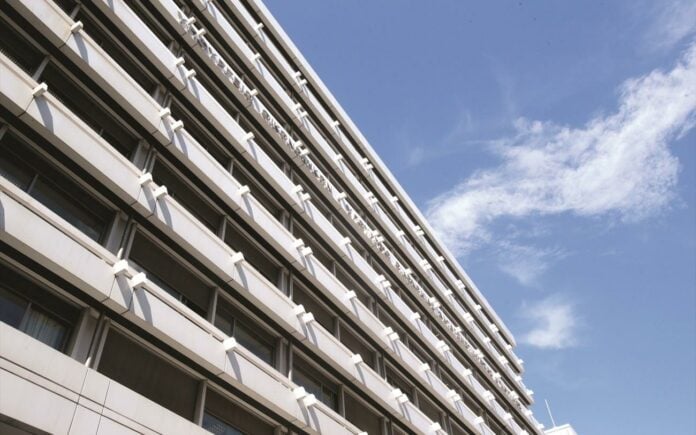By G. Kouros
[email protected]
The first post-bailout budget that the Tsipras government will table, the draft budget for 2019, will be implemented during a year in which three scheduled elections will take place in Greece: municipal/regional elections and the poll for the European Parliament in May, and finally, general elections after nearly four years.
Set for submission on Wednesday, the draft 2019 budget will not calculate an already pre-legislated reduction in social security spending, part of a so-called “harmonization”, i.e. to revise monthly (downwards) pension rates based on reforms passed in 2016. Additionally, the draft budget is expected to include a package of countervailing measures that accompanied the enactment of the 2016-era pension reform.
The goal for revenues from privatizations, as listed in the draft budget, is 1.2 billion euros, while the fiscal target entailed in a primary budget surplus (as a percentage of GDP) remains at 3.6 percent; an increase in private consumption by 1.1 percent; public consumption by 0.6 percent and, more impressively, an increase in investments by 11.9 percent.
The investment target in 2018 will not be met.
Additionally, exports are calculated to increase by 5.8 percent, and 5.2 percent for imports, whereas unemployment is forecast to ease to 16.7 percent in 2019 from 18.3 percent this year.
In terms of the oft-touted “countervailing” measures that the poll-trailing Tsipras government included in the 2019 budget, in bid to alleviate the tax and social security contribution burdens that skyrocketed after 2016, the first is a reduction of the property tax (ENFIA) by 262.5 million euros annually.
Additionally, as promised this month, monthly social security contributions will be cut for self-employed professionals, craftsmen and professional farmers by a total of 229 million euros annually, i.e. from the current 20 percent to 13 percent monthly.
Additionally, taxes on distributed profits will be cut from the current 15 percent, along with a one-percentage point reduction in the corporate/business tax rate on profits, from the current 29 percent to 28 percent.














